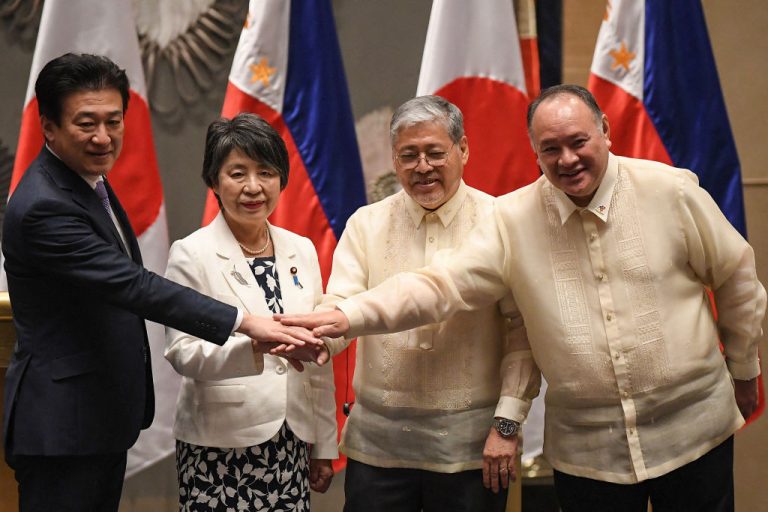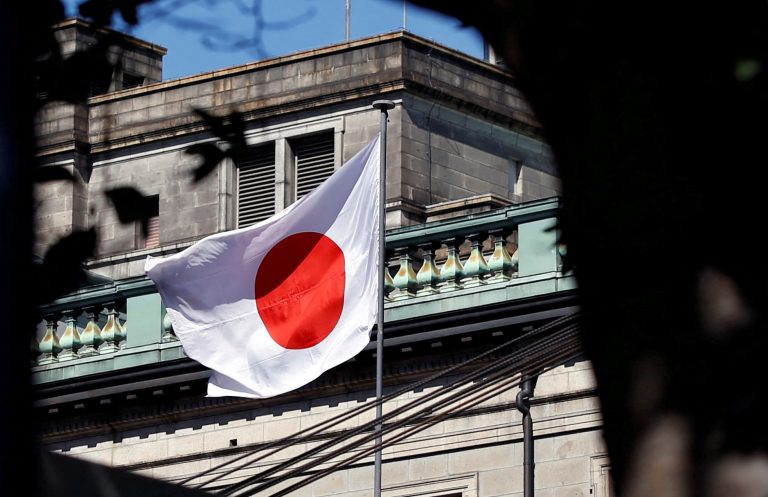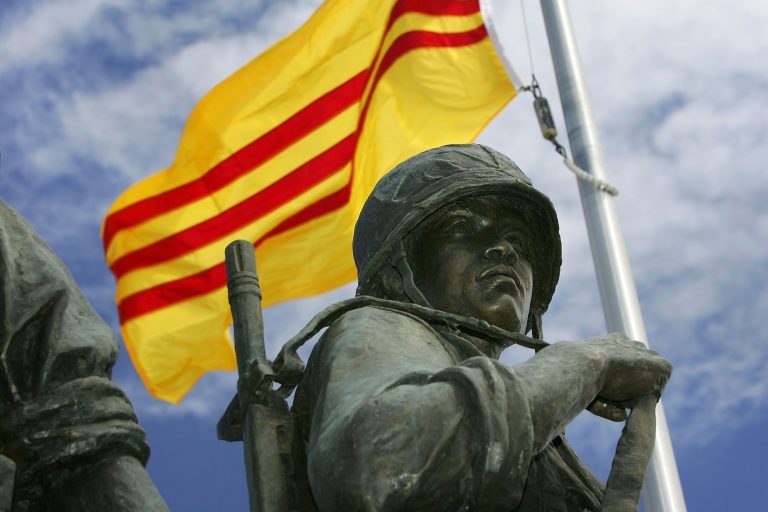On July 8, the Philippines and Japan signed a defense pact allowing the deployment of troops in one another’s country as a means to address increasing aggression from Beijing.
In the Philippine capital of Manila, Japanese and Filipino ministers held “two-plus-two” meetings prior to the signing of the pact, Radio Free Asia (RFA) wrote.
The Reciprocal Access Agreement (RAA) — signed by Filipino Defense Secretary Gilberto Teodoro Jr. and Japanese Foreign Minister Yoko Kamikawa — will serve as a framework for “security operations and training” between Japan and the Philippines.
Military exercises and patrols could be carried out in the South China Sea, even in waters China has claimed as its own but are within the Philippines’ exclusive economic zone.
Kamikawa believes the pact would help “maintain and strengthen a free and open international order based on the rule of law.” Teodoro said the deal would be a stepping stone for “bilateral and defense relations” and will “uphold the essence, principles, and concepts of international law particularly UNCLOS (United Nations Convention on the Law of the SEA),” he said.
Success
You are now signed up for our newsletter
Success
Check your email to complete sign up
Tokyo’s Defense Minister Minoru Kihara said Southeast Asia’s strategic location amidst its sea lanes was beneficial to Japan, adding that it was willing to strengthen ties with the Philippines, the U.S. and Australia.
READ MORE:
- Top Chinese Generals Expelled From Communist Party in Sign of Greater Purges
- Xi and Putin Strengthen Sino-Russian Ties at Shanghai Cooperation Organization Summit
- Anti-US Rallies Held Across North Korea in Commemoration of 74th Anniversary of Korean War
Escalation of threats
The RAA was signed as China continues to assert its claims on the South China Sea, amidst a number of encounters between China Coast Guard and Philippine vessels.
In one clash, a Filipino sailor lost a finger; the third instance of Philippine personnel being hurt this year. Philippine Gen. Romeo Brawner requested that China pay $1 million in damages for the incident, BenarNews wrote.
“They destroyed our equipment and when we estimated the cost of the damage, it’s 60 million pesos,” Brawner said.
For Japan’s support, Philippine Foreign Affairs Secretary Enrique Manalo on July 8 commended Tokyo for also backing the established global order, which includes a 2016 decision by international judges that sided with the Philippines over China regarding rights in a key maritime zone.
Speaking to BenarNews, Chester Cabalza — president of Philippine think-tank International Development and Security Cooperation — said the defense pact would help Manila counter China with Japan’s aid.
“The significance of the military pact enlivens the agility and deterrence of Manila with the quantum leap support of a strategic and technologically advanced neighbor like Japan,” Cabalza said.
Don McLain Gill, political analyst at the international studies department of De La Salle University, added that the pact would promote stability in the region without relying on other countries. It would also be in sync with U.S. plans of cooperation in the Asia-Pacific region.
Beijing’s response
Beijing reacted to the RAA signing by emphasizing that cooperation between the two countries shouldn’t be aimed at hindering other Asia-Pacific countries.
“The exchange and cooperation between countries should not undermine the mutual understanding and trust between other countries in the region,” foreign ministry spokesman Lin Jian said in a news briefing on July 8. “It should not threaten regional peace and stability, target any third party, or harm the interests of any third party.”
“The Asia-Pacific region does not need any military bloc, still less groupings that incite bloc confrontation or a new Cold War,” he added.







